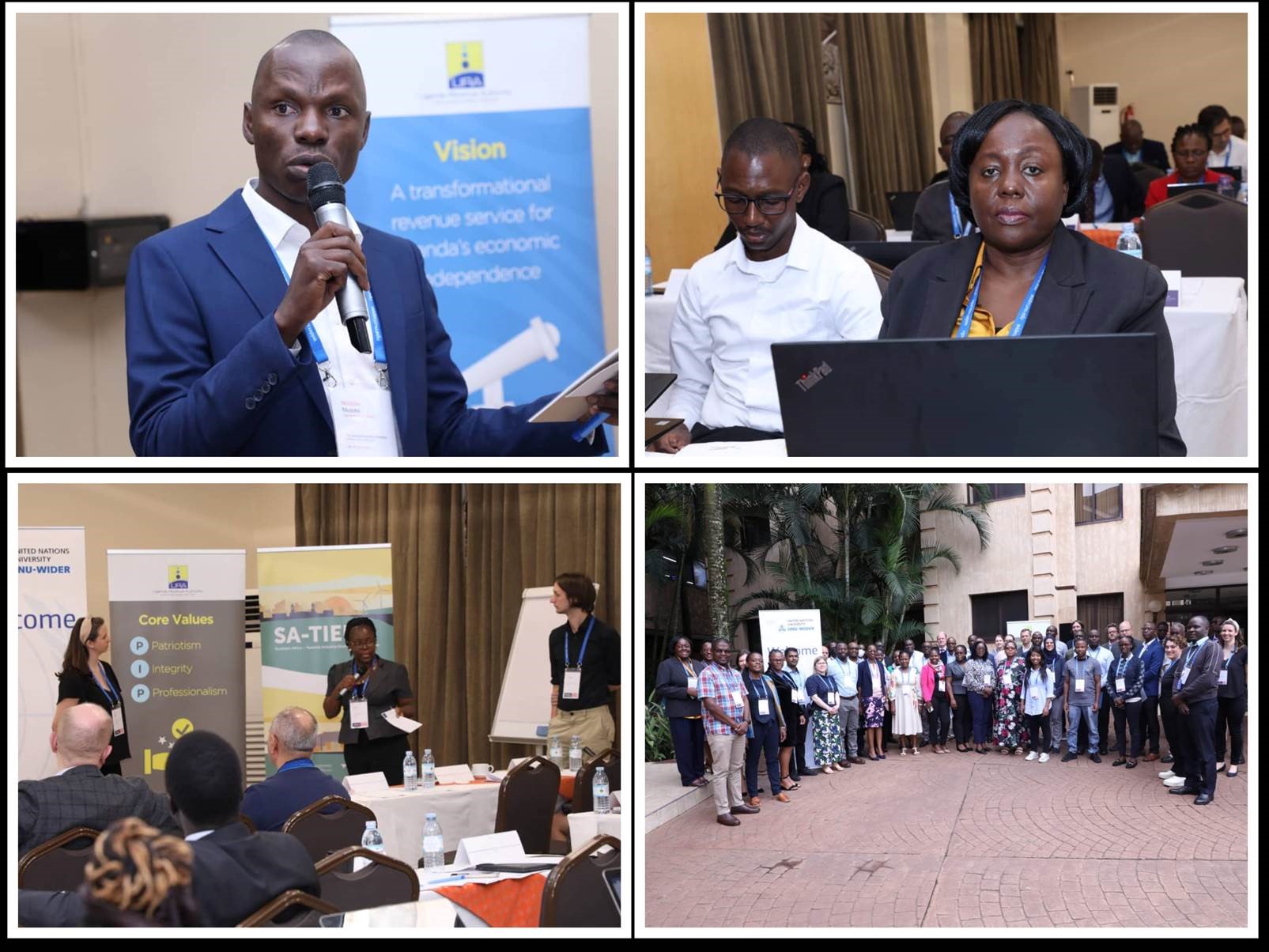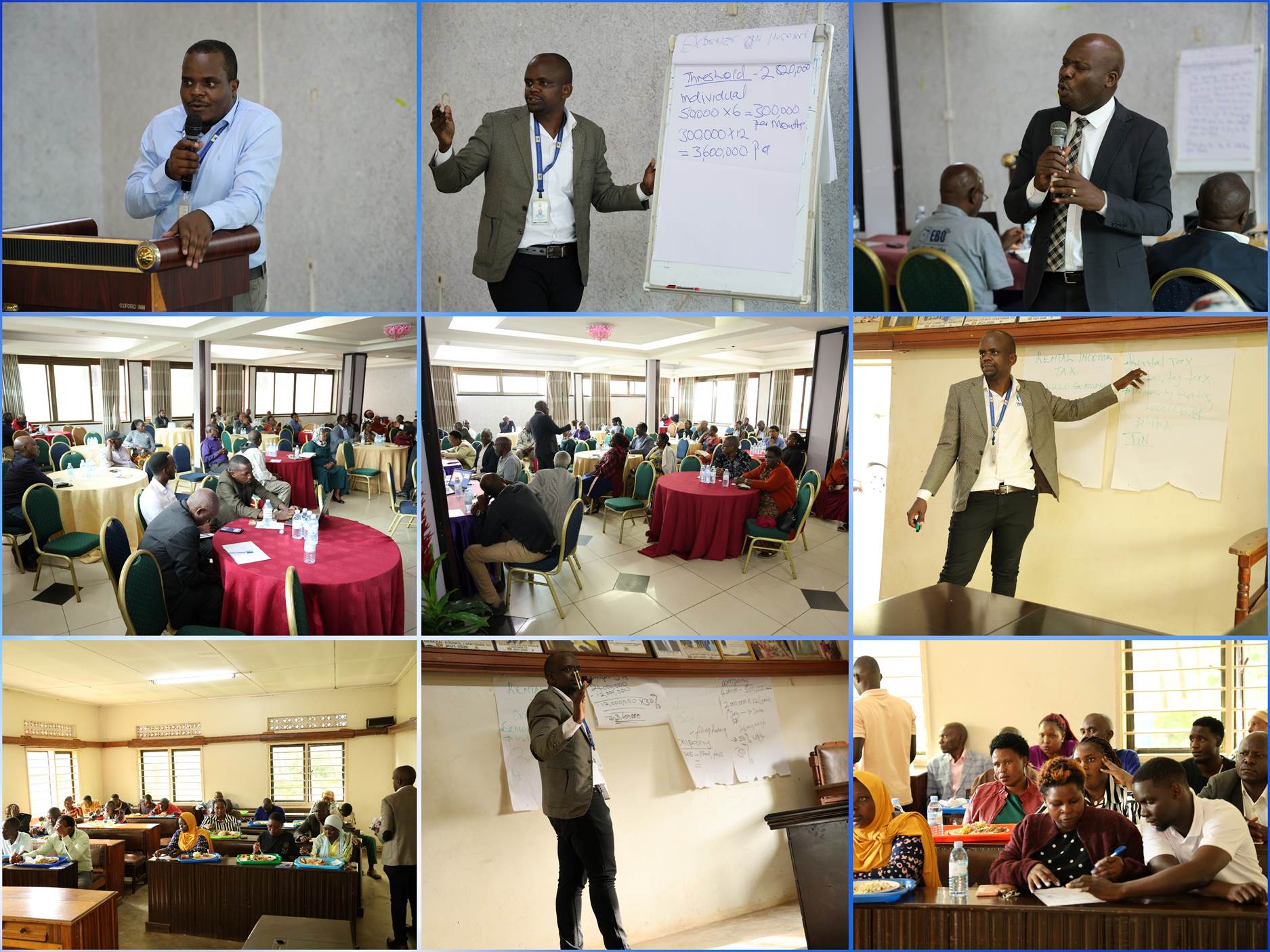Story by Akinyi Winiefred and photography by Joshua Niyonshima
Uganda Revenue Authority with support from the United Nations University World Institute for Development Economics Research (UNU-WIDER) is capitalizing on the use of administrative data to achieve fairness in taxation and inform policy decisions.
Tax administrations from across the continent came together in a tax and development workshop to share experiences of using administrative data to inform policy decisions. The data is sourced from rapid researches carried out across different aspects in taxation including personal income tax, audits, Value Added Tax (VAT) among others.
In Uganda, a research carried out on “the effects of personal income tax reforms on employees’ taxable income in Uganda,” found that increasing the highest marginal rate from 30-40%, and lowering the tax rate for low-middle income earners by pushing the threshold value up increased the revenue earnings from Pay as You Earn by approximately UGX 228 billion and mildly reduced the after-tax income inequality.
While presenting the findings, URA’s Joseph Okello noted that while a small amount of revenue is lost due to lowering tax rates of low and middle-income earners, the overall revenue impact is positive with such a policy. He added that results from URA’s research will be useful when considering income tax reforms in countries with similar income tax systems and economic status.
Findings from Tanzania, Rwanda, Zambia and South Africa also showed positive results from policies implemented based on the use of administrative data. In Zambia for example, data showing improvements in collections through withholding VAT in three provinces was based on to appoint more “withholding units” across the country.
URA’s Assistant Commissioner research and innovation Allen Nassanga highlighted the use of research data as one of the reasons for the improved collections by the authority every year. She said through collaborations with other revenue agencies, URA has been able to benchmark and customize practices which it uses to curb practices that could cause revenue leaks and improve tax administration in general.
“Collaborations give us a chance to learn from other revenue agencies, through these, we share knowledge and benchmark on what they have done, customize them and end up improving our internal efficiencies,” she said.
The authority’s research efforts were recently boosted with the launch of a data lab. The second of its kind on the continent after South Africa’s, the lab provides proper detailed and segmented data on tax to researchers worldwide.
According to Nicholas Musoke supervisor research and revenue modelling URA, plans are underway to have the lab boosted with information from all tax heads by the end of June 2023.










